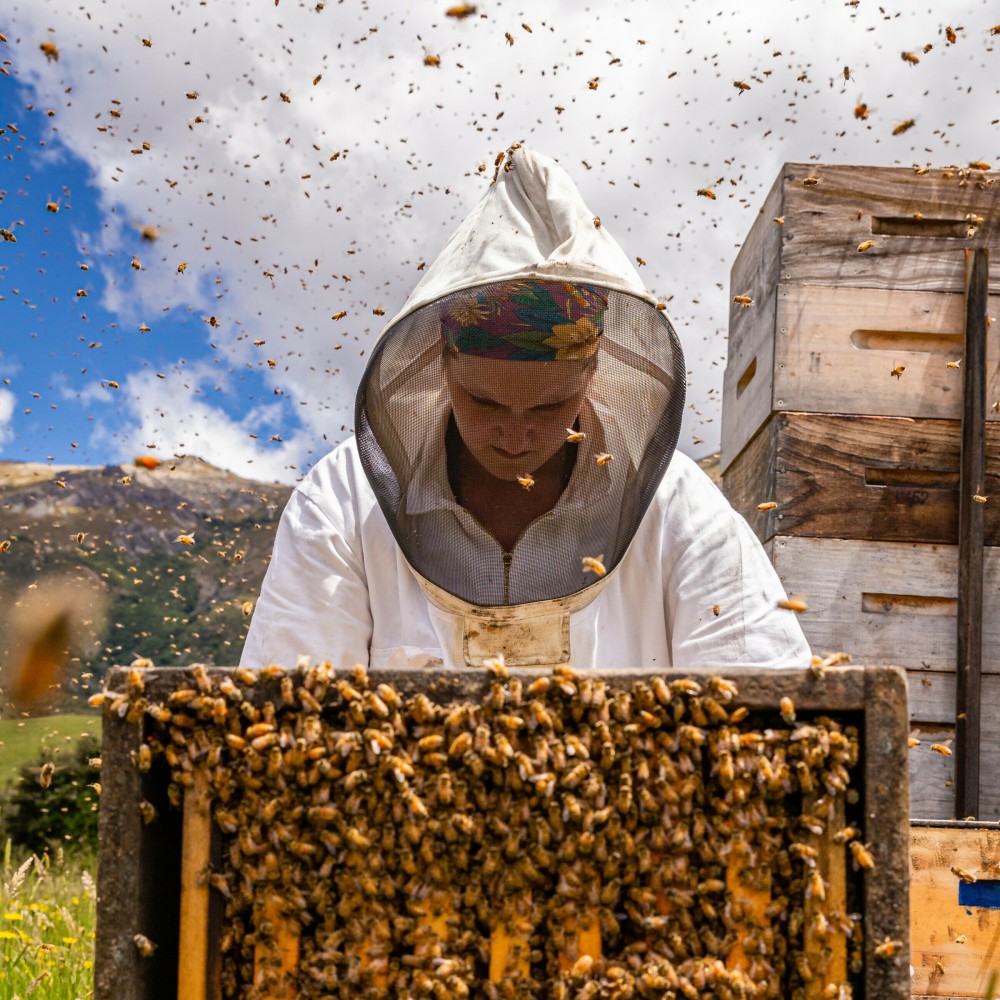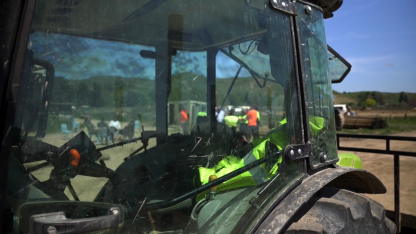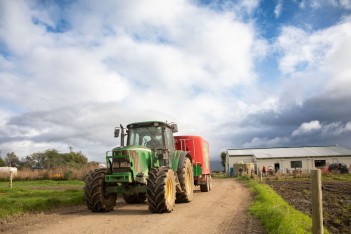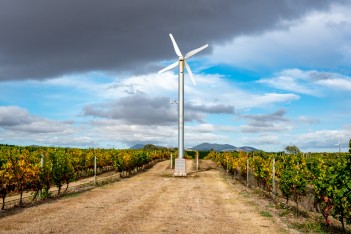2026 Investment Advice
Muka Tangata provides advice to TEC on investment in vocational education to influence funding decisions that considers industry needs, to help match skills and workforce demands with supply.
Learn moreThe COVID-19 pandemic brought with it a surge in demand for honey, particularly mānuka honey, and export prices reached an all-time high in 2021.
There is a current glut in honey, making it difficult for some beekeepers to keep their businesses profitable.
In 2019, the number of registered beehives reached a record high and registered beekeepers reached a record high in 2022. Both registered beehives and beekeepers have since been in decline. Registered beehives reduced by around 1/3 between 2019 and 2023.
Key Challenges
Find out about our work to assess the quality of programmes delivered by providers for this industry here.
A snapshot of the Apiculture workforce development plan is available for download here. Please note that this reflects a point in time (July 2024). The most up to date information is on the workforce development plans website.
Muka Tangata provides advice to TEC on investment in vocational education to influence funding decisions that considers industry needs, to help match skills and workforce demands with supply.
Learn more
This section provides information about the workforce, industry and vocational education and training (VET) provision and performance. It shows data and research focused on key aspects of Muka Tangata industry groups and learners. This section is expected to feature regular updates to the data and trends being showcased.
Insights for Industry about trends in economic performance indicators.
Insights on the workforce, including; size, ethnicity, age, regional distribution, and gender.
Insights about learners, including trends in enrolments and mix of provision.
Since first publishing the Apiculture workforce development plan, we have focused on three main opportunities in the Apiculture industry. Some of these, such as more practical learning and more te ao Māori content in the qualifications, have now been addressed. We know that pest pressure and biosecurity are ongoing challenges for the Apiculture industry. We will continue to engage with the industry and investigate where we can respond to any arising opportunities when and where possible.
This is our plan to address the vocational education and training opportunities that arose from our engagement, research and analysis. It includes real projects that we are committed to delivering, with most of these spanning across some or all Muka Tangata food and fibre industries. Our Projects have replaced our previous “Roadmap Actions” and present a consolidated view of our mahi. Some of the previous roadmap actions have been completed or closed out following a review of our work programme and engagement with industry on the priority of these actions.


